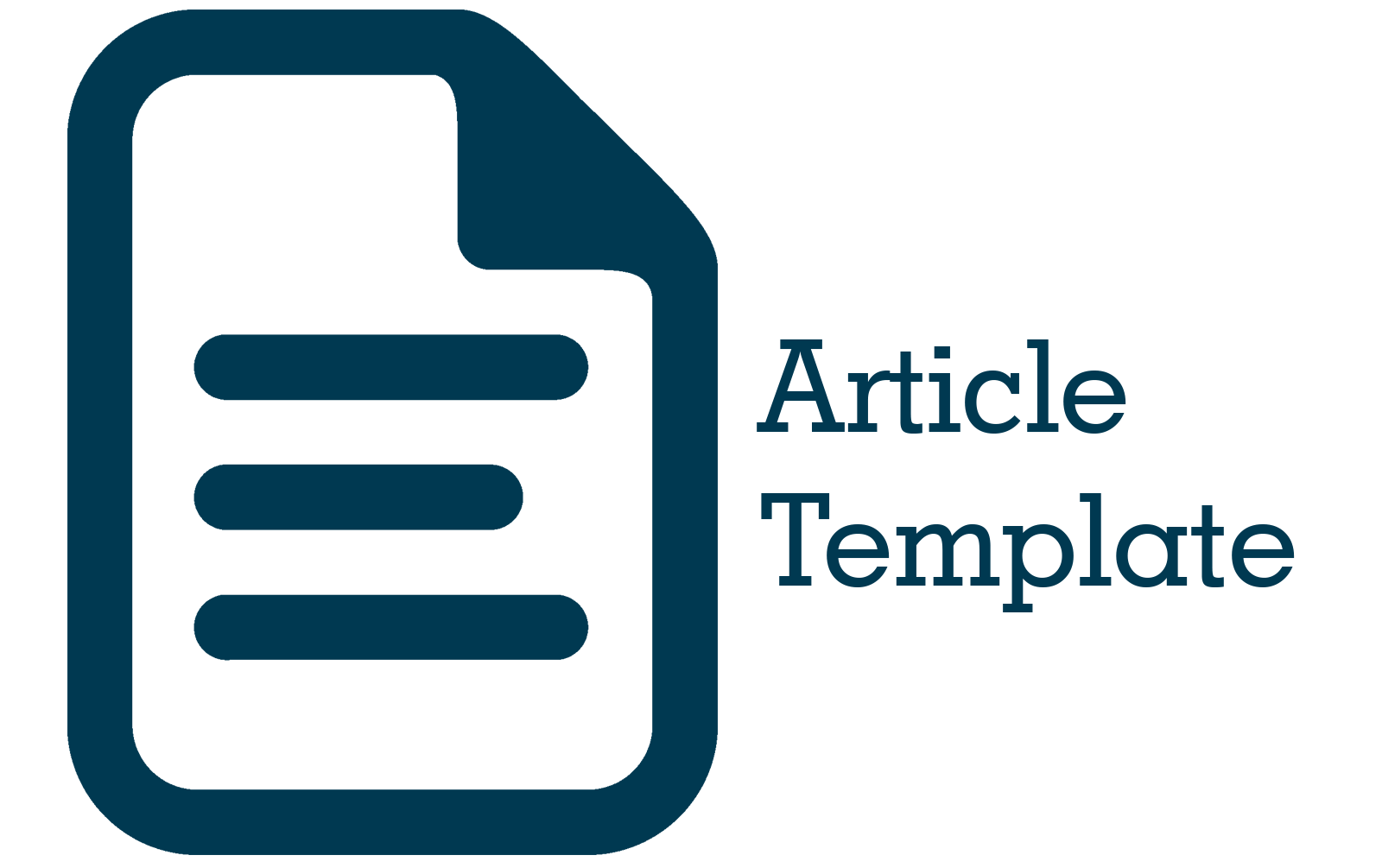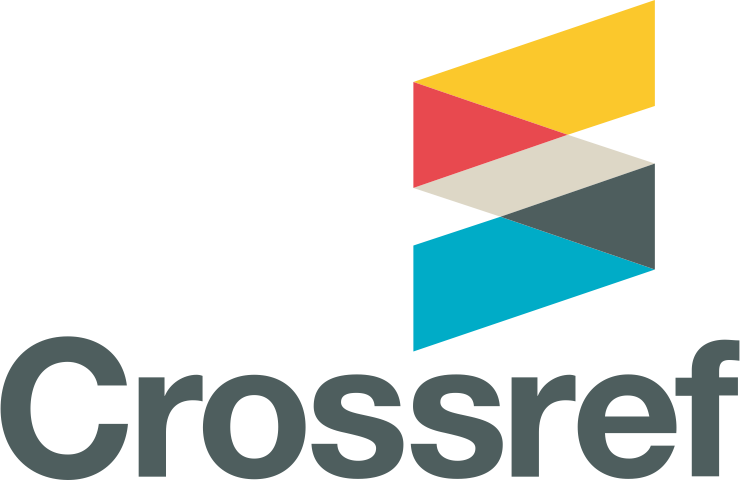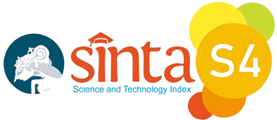METODOLOGI WORKING HOURS DEVELOPMENT PADA SISTEM INFORMASI DOSEN (E-LECTURER) DALAM MENGHADAPI MASYARAKAT EKONOMI ASEAN
DOI:
https://doi.org/10.33633/tc.v15i1.1082Abstract
Dengan berlakunya Masyarakat Ekonomi Asean [MEA], maka sudah seharusnya Negara Indonesia mengubah paradigma dalam bekerja terutama membuat waktu menjadi seefesien dan seefektif mungkin untuk dapat menyelesaikan sebuah pekerjaan. Universitas, sebagai contoh, adalah merupakan salah satu pilar dari kekuatan sebuah Negara untuk menghasilkan sumber daya manusia, dimana dosen sebagai barisan depan dalam Universitas, memiliki kewajiban-kewajiban yang oleh tata tertib dan peraturan sudah ditetapkan dan kemudian melaksanakan tugasnya dengan penuh integritas. Dalam penelitian ini, akan mengembangkan metodologi Working Hours Development yang merupakan salah satu metode untuk dapat memberikan kepada dosen waktu yang sangat efektif dan efesien sehingga dosen dapat menghasilkan dan memberikan kontribusi yang positif, baik itu terhadap Universitas, Mahasiswa, Masyarakat dan dirinya sendiri. Penelitian ini menghasilkan metodologi yang akan diterapkan pada sistem informasi dosen (e-lecturer). Metodologi disusun berdasarkan Undang-Undang Republik Indonesia No.14 tahun 2005 Tentang Guru Dan Dosen, Pasal 72 dan menggunakan framework yang berasal dari The University NewCastle, Australia. Kata kunci : e-lecturer, jam kerja, dosen, universitas, departemen/jurusan.Downloads
Published
Issue
Section
License
Copyright (c) 2016 Indra Gamayanto, Florentina Esti Nilawati, - Suharnawi

This work is licensed under a Creative Commons Attribution-NonCommercial 4.0 International License.
License Terms
All articles published in Techno.COM Journal are licensed under the Creative Commons Attribution-NonCommercial 4.0 International (CC BY-NC 4.0). This means:
1. Attribution
Readers and users are free to:
-
Share – Copy and redistribute the material in any medium or format.
-
Adapt – Remix, transform, and build upon the material.
As long as proper credit is given to the original work by citing the author(s) and the journal.
2. Non-Commercial Use
-
The material cannot be used for commercial purposes.
-
Commercial use includes selling the content, using it in commercial advertising, or integrating it into products/services for profit.
3. Rights of Authors
-
Authors retain copyright and grant Techno.COM Journal the right to publish the article.
-
Authors can distribute their work (e.g., in institutional repositories or personal websites) with proper acknowledgment of the journal.
4. No Additional Restrictions
-
The journal cannot apply legal terms or technological measures that restrict others from using the material in ways allowed by the license.
5. Disclaimer
-
The journal is not responsible for how the published content is used by third parties.
-
The opinions expressed in the articles are solely those of the authors.
For more details, visit the Creative Commons License Page:
? https://creativecommons.org/licenses/by-nc/4.0/












